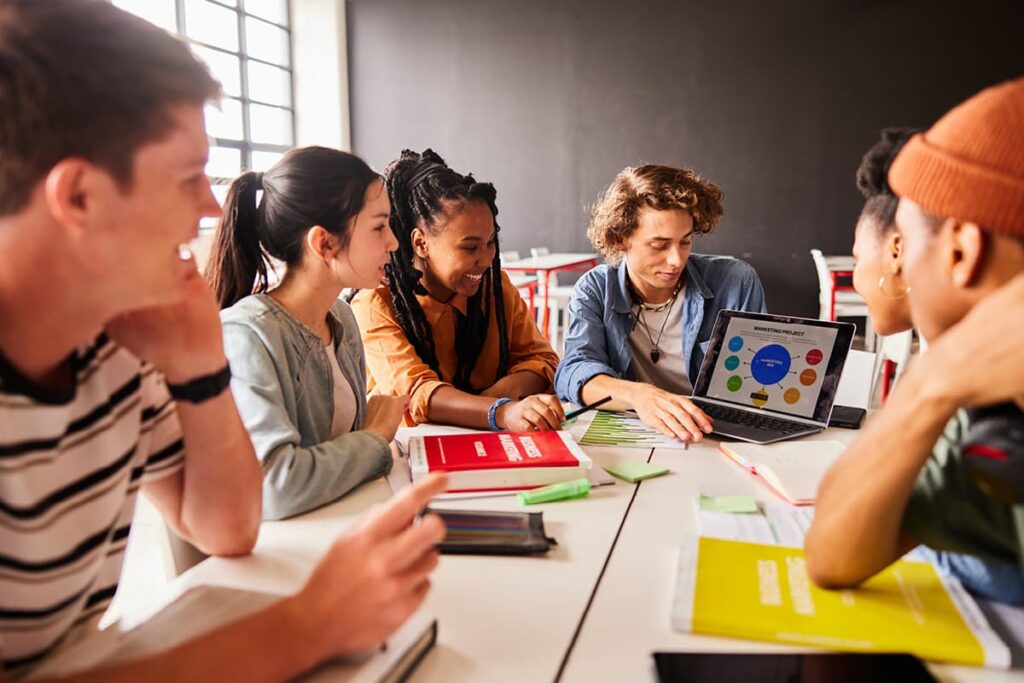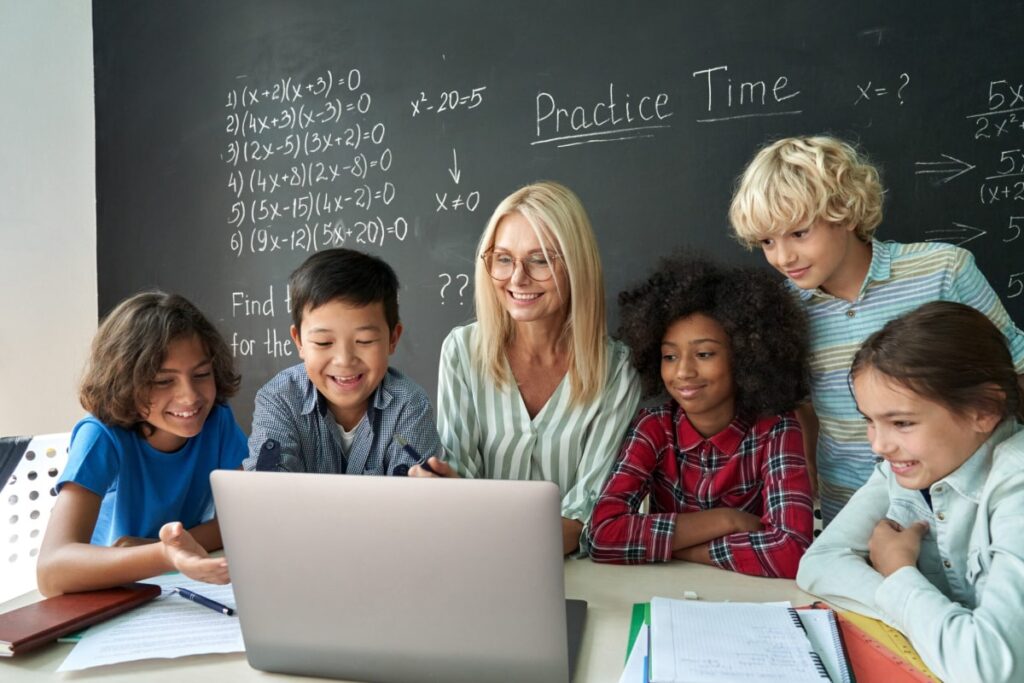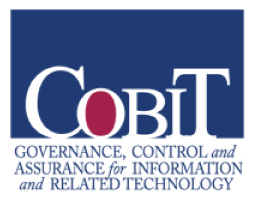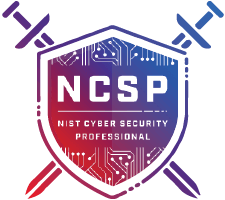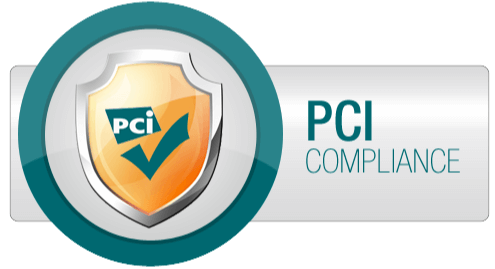Know your POWER so that your INFLUENCE can live up to it.
Kristen Hopkins Share this
In 2016, I formulated a phrase after observing the powerful impact of Social-Emotional Learning (SEL) on my most troubled students. Social-Emotional Learning (SEL) alone did not generate this change.
Rather, it was the realization of my own ability to leverage influence and reconstruct the narrative of “troubled youth.” However, how did I harness this potential? By shifting my perspective and investing time to genuinely know my students on an individual level.
Interacting with students who have trauma and come from impoverished backgrounds showed that they aren’t all the same. I dedicated time to know each student’s unique story. By getting to know them, I learned about their family situations, what they were good at, what skills they needed to improve, past errors they had made, and concerns they had about their future.
Without taking time for inquiry, I may never have uncovered this emotional catalyst to disruptive behaviors. Building these meaningful relationships allowed me to connect with students on a deeper level. It also let me plan targeted support proactively, before problematic behavioral patterns could develop or get worse.
In the past, we have labeled “at-risk” students without really taking time to understand the complex individual behind the label. To come up with new solutions that truly connect with and empower students, I first had to re-examine my own preconceived notions stemming from an outdated deficit mindset. I learned when students feel genuinely seen, heard and understood as individuals – not stereotyped – their positive behaviors naturally start to take root and grow.
As Simon Sinek writes in Start with Why, “If we start with the wrong questions, if we don’t understand the cause, even the right answers could steer us wrong.” To support students with challenging behaviors, I had to get to the root and grasp the “WHY” behind their actions before jumping to conclusions or trying social emotional interventions.
I started to ask: What might be the underlying reasons for the student’s behavior? Why did a specific task or social skill challenge them? What core need was being unmet?
Noticing patterns of behavioral issues, I made time to ask students about their WHYs during one-on-one conversations. Many students did not understand why they came to school every day, why earning a high school diploma could be valuable, or why it was worth the effort to improve academically. Consequently, they skipped school frequently, earned poor grades, and lacked intrinsic motivation.
Students with behavioral problems but no sense of purpose understandably have difficulty developing the social-emotional skills needed to do well in the classroom. Unless educators can help them identify core purpose and see value in showing up each day, true behavioral change remains difficult and behavior interventions and social emotional interventions could be beneficial.
I had a student who did not want to share opinions during class discussions but always had passionate thoughts to discuss one-on-one afterwards. Through our conversations, I realized she had many compelling ideas but profoundly lacked confidence to speak up in front of peers. She worried a lot about what other students thought of her and feared being judged or rejected.
Many students struggle with similar insecurities. Some respond by acting out in class because they falsely think it will get them the positive attention and approval they crave from peers.
One-on-one conversations and interactions are best for addressing behavioral challenges and developing the social-emotional skills needed for academic success. In-school suspension or Restorative Practice Centers provide the space and chance for targeted SEL support, with proper structure and teacher oversight. It is a good way to foster social emotional learning skills through intervention in problem behaviors.
Students often enter these behavioral support spaces feeling angry or upset about being removed from the regular classroom as a consequence. However, warmly welcoming students as they enter, rather than immediately scolding them, can improve moods and open the door to productive conversation. Likewise, listening first to their view of the situation rather than automatically assuming they are wrong allows students to feel heard and respected.
Extensive educational research demonstrates that exclusionary punishment alone rarely elicits lasting positive change in student behavior and managing emotions. However, implementing consistent, respectful consequences coupled with instructive components reinforces positive behaviors over time with some social emotional learning interventions. Acknowledging and affirming existing behavioral strengths, even small ones, validates student effort and initiates constructive dialogue.
Once rapport flourishes, guided student self-reflection assists in making better choices to avoid escalations and removal from class. Collaboratively discussing solutions rather than ultimatums provides student ownership in the process. This further motivates critical thinking, healthy self-expression, autonomy, and direction.
After guiding and supporting students to identify actionable solutions, establishing reasonable goals and encouraging intrinsic motivation then enables sustainable growth. While extrinsic incentives or rewards may temporarily change behaviors, internal satisfaction from positive choices delivers consistent results.
Fundamentally, cultivating SEL skills and SEL programs to address behavioral issues starts with examining our own mindsets and practices as educators. As mentioned, we all have power that can either uplift or oppress our most vulnerable students. Tapping into this power requires self-awareness, a growth mindset, and a willingness to authentically connect with each student’s unique story and challenges.
Understanding their WHYs is instrumental to transforming both students and school communities. We must persistently see beyond simplified labels and embrace each child’s humanity.
SEL interventions and supports cannot be one-size-fits-all. In controlled settings centered on warmth, compassionate listening, and unconditional respect, we can slowly reshape negative mindsets. This opens space to share feelings and experiences.
Teachable moments paired with trauma-informed praise and consequences hone critical decision-making abilities. Guiding collaborative solution-finding and goal-setting fuels agency, motivation and ownership.
By using our power to inspire growth and resilience, including implementing fundamentals of SEL with tailored SEL support, we can together see students’ incredible change. This helps them confidently chart a course away from past pain toward a hopeful future.
The journey of constructing trust and rapport with students facing adversity is seldom quick or easy. Progress may feel incremental and outcomes uncertain. However, by persisting with empathy, cultural competence and high expectations for all, transformative breakthroughs can emerge. Where others may see disheartening statistics, we must envision untapped human potential.


